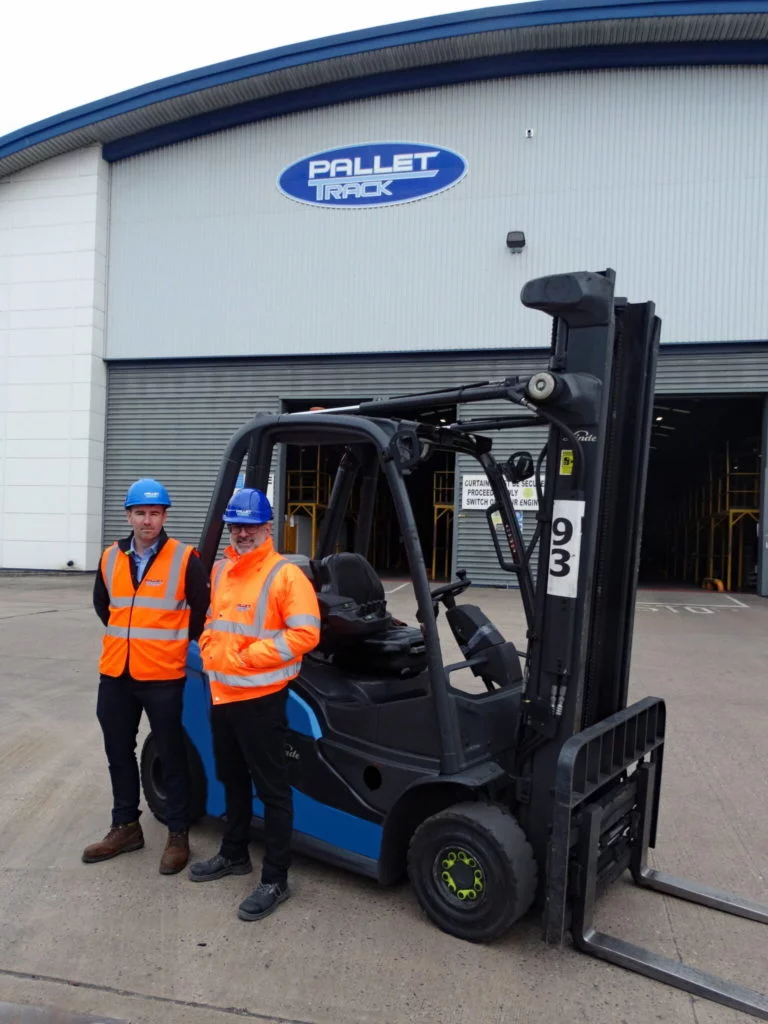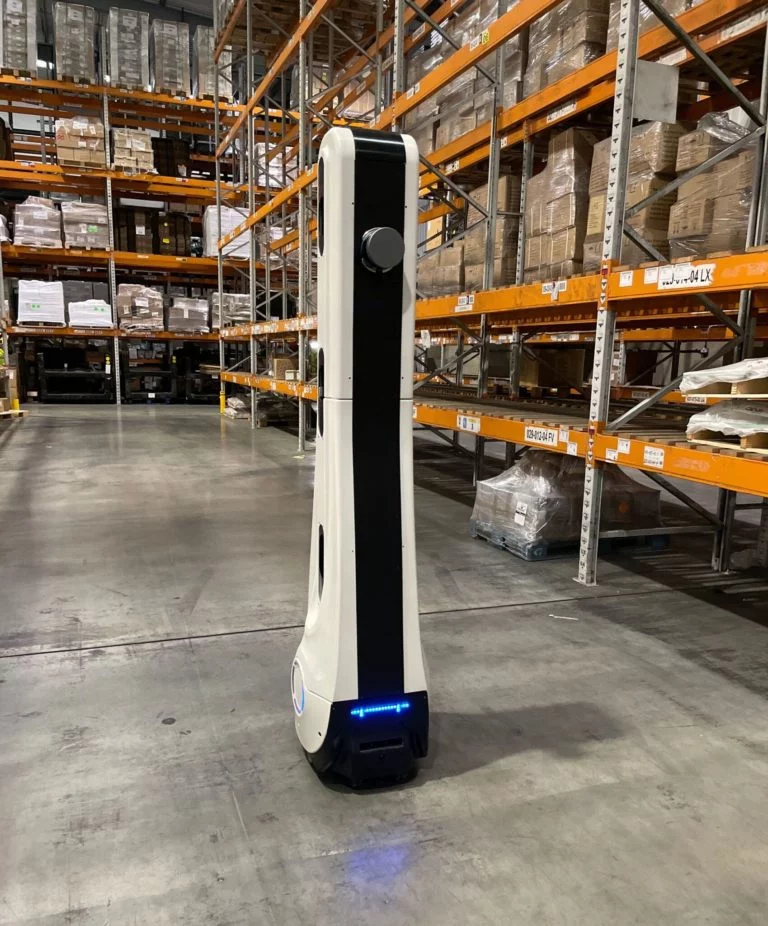The global logistics industry, worth $8.5tn, is the backbone of economies and thriving commerce, writes Anurag Bhatia (pictured), Senior Vice President and Head of Europe at Mphasis. Throughout the pandemic, the industry was relied on for the distribution of crucial vaccines, which proved a useful gauge of the effectiveness – and weaknesses – of supply chains. We also saw how the supply chain crisis throughout Europe in 2021 hit businesses and industry.
It’s vital that companies in the space adapt to the new digital era and stay agile enough to handle sudden market shifts or changes in demand. This necessitates adopting innovation to address industry challenges, instil greater transparency and optimise operations.
The advent of Web 3.0 signals the further evolution of distributed ledger technologies, most notably blockchain. The blockchain is ideally placed to resolve logistics and supply chain management pain points, and can have a transformational effect on business models and the future of logistics.
Addressing key supply chain challenges
One of the top challenges faced by the logistics industry is the lack of transparency and traceability involved in commercial freight. This not only causes inaccuracies and delays but can also lead to cost and reputational consequences for businesses.
As the market grows, so does the supply chain and its complexities when it comes to planning and maintaining the storage and delivery of goods to successfully meet the demands of the end customer. There’s a pressing need to implement more streamlined processes to optimise these activities, made all the more difficult by the many different geographies, local regulations and administration, payments and various other stages of getting goods from point A to B.
Ensuring on-time deliveries requires keeping on top of vast amounts of documentation, inventory management and route optimisation. In an increasingly digitalised world, as data sets become bigger, companies also face new threats such as data leakage, privacy concerns, fraud and the need to spot counterfeit goods fast. In fact, cargo loss is costing the industry $50bn per year globally.
Evidently something needs to change, and many logistics leaders are turning to the power of technological innovation to address roadblocks and boost operational and cost efficiencies, transparency and resilience in the face of a fast-moving market. Blockchain technologies can play a significant part in facilitating this much-needed change.
Blockchain brings compelling benefits
A core advantage of the blockchain is its ability to bring a previously unattainable level of efficiency and productivity in shipping and deliveries. It can aid the automation of manual activities and the entire procurement process, to eliminate the likelihood of human error and optimise workflows, thereby reducing the costs and time associated with cumbersome administrative processes.
It can speed up and streamline the exchange and verification of documents, tariffs, payments and invoicing, verification of ownership, quality checks and more, providing a ledger of all relevant data. Previously, these processes fell to manual efforts and exposed supply chains to risks of fraud, mistakes, and delays. Through the application of smart contracts, blockchain solutions fully automate all supply chain agreements, which also helps with dispute resolution between parties.
Another principal benefit of the blockchain is that it enables end-to-end real time tracking of locations, product movement and fleet performance, through shared access to data and digital documents for all participants along the supply chain.
Further, the immutable nature of the blockchain, which is based on cryptographic algorithms, can facilitate verifiable, fully traceable transactions and has far greater security credentials than other networks. While other systems tend to be centralised – meaning they are left open to attacks and modification – blockchain-based solutions offer a decentralised and tamper-proof way to record important information on a distributed ledger. This maintains the integrity of data stored on the series of ‘blocks’ on the chain, which cannot be compromised or corrupted, boosting firms’ ability to manage risk and comply with data protection regulations.
Instilling trust & transparency into operations
By leaning on the power of the blockchain – particularly when paired with the capabilities of other innovations in AI, machine learning and IoT – logistics businesses can drive greater supply chain transparency. Through better access to information, and a verifiable record of each stage in the shipping and delivery process, they can spend less time validating goods, lower the cost implications of counterfeit or mis-placed products, reduce duplication and improve compliance and reporting.
Furthermore, businesses can maintain more control over data and better communication between multiple parties. This allows more attention to be directed to making the best use of data to identify opportunities for even greater efficiencies, and insights that can add real value to businesses. This can cultivate trust and a solid track record that reflects on customer satisfaction, thereby strengthening companies’ competitive edge and resilience.
In the global logistics and transportation industry, the blockchain market is set to grow by almost $889m by 2025 compared with 2021. Despite being at a fairly early stage of adoption within logistics, awareness of the benefits of blockchain is growing. Major players, including MAERSK and Amazon, have already integrated it into their operations to improve supply chain visibility and accelerate the shipping process, and the rest of the market should follow in due course.
Embracing blockchain has the potential to fundamentally transform the logistics industry, unlocking greater value and propelling it to the next level of its tremendous growth trajectory.















